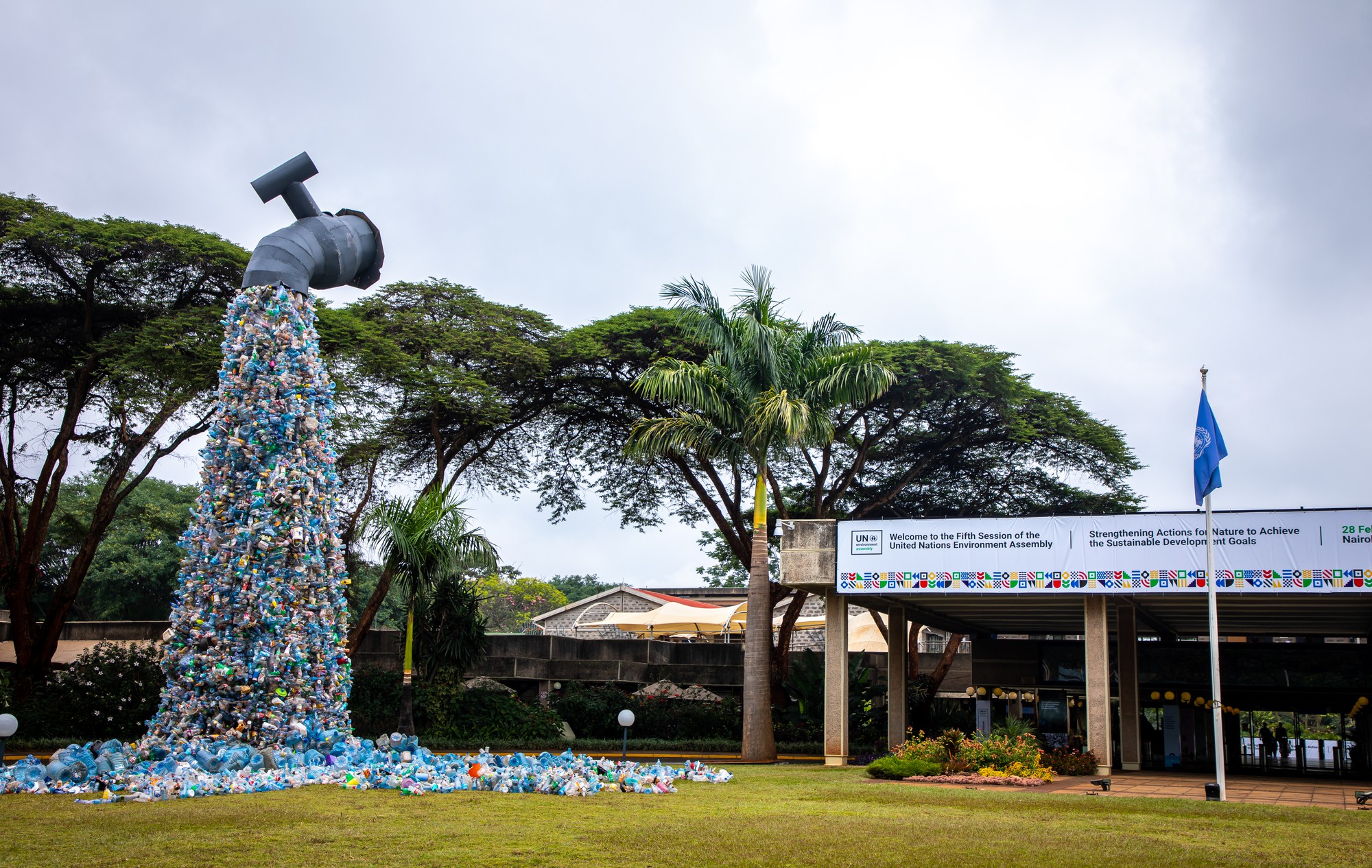Canada has become one of 175 countries that pledged to sign a plastic treaty at The United Nations Environment Assembly.
The countries agreed on a mandate at the assembly to negotiate and have a treaty ready to sign for the next gathering in 2024.
“This mandate includes plastic pollution in all environments and covers the full lifecycle of plastics from production and product design to waste management. Because we’re not really going to be able to turn off the plastic pollution unless we actually look at plastic production,” said Christina Dixon who was one of the activists who attended the assembly in Nairobi, Kenya last week.
“When they actually adopted the resolution at the environment assembly it was one of those moments, which was so exciting to be a part of, like really history-making because you had basically every country in the world,” said Dixon who is the Deputy Ocean Campaign Lead in London at the Environmental Investigation Agency.
“I’m absolutely thrilled that we’ve managed to come to some kind of agreement. It’s really, really exciting,” she told Humber News.
Canada’s Minister of Environment and Climate change, Steven Guilbeault attended the assembly virtually and showed Canada’s support for the legally binding global agreement.
“Our environment and the many people and communities affected, simply cannot wait—meaningful commitments are needed now,” Guilbeault said.
In the next few years, the countries will be working together to negotiate a treaty that reflects the ambitions of the mandate in the outcomes of the treaty, but there are some hesitations.
Jennifer Allan, a senior lecturer who specializes in environmental politics at Cardiff University’s School of Law and Politics, said this mandate will create global talks, but there’s also a high chance that the treaty might fail because of its broad scope and its optimistic two-year timeline.
“Plastics are really complicated, this isn’t going to be an easy negotiation at all. You probably touch plastics, every few minutes,” Allan said.
“It’s just a hugely complex area where countries are going to have really different interests, and that’s going to make negotiations really difficult to go about,” she said.
The only way the countries can get the treaty done by 2024 will be with them choosing their own goals and actions, but that could potentially undermine the legally binding treaty, Allan told Humber News.
“It [the treaty] calls for a mix of binding and voluntary aspects, and that really opens up a question mark. Because it could mean that if in the negotiations, there are proposals that some countries don’t like, or maybe they don’t want to do, then they get pushed to have those be labelled as voluntary,” Allan said.
In a news release, Canada announced its goal to tackle plastic pollution in the country.
“The Government of Canada is moving toward zero plastic waste by 2030, taking regulatory steps to ban harmful single-use plastics, including plastic checkout bags, straws, and six-pack rings as early as the end of 2022,” the statement said.
“We urgently need to move away from unnecessary plastics in all their forms and centre justice in the transition to the zero plastic waste economy the federal government has set out to achieve,” said Sarah King, the Head of Oceans and Plastics Campaign at Greenpeace Canada in a statement.
King added that Greenpeace and its allies will keep working towards creating a plastic-free future until a strong global treaty is signed.

